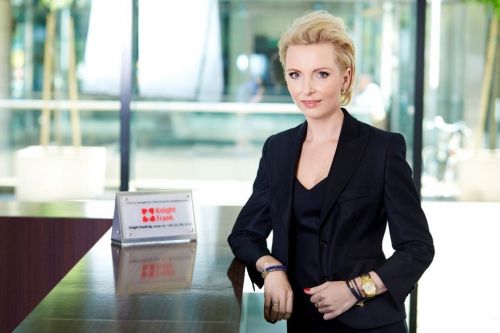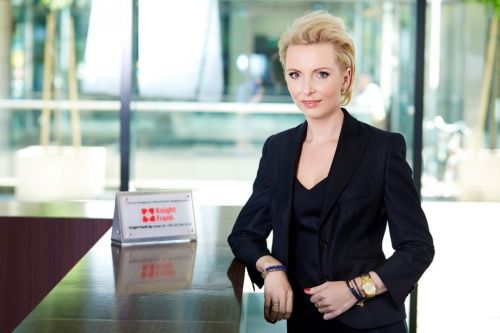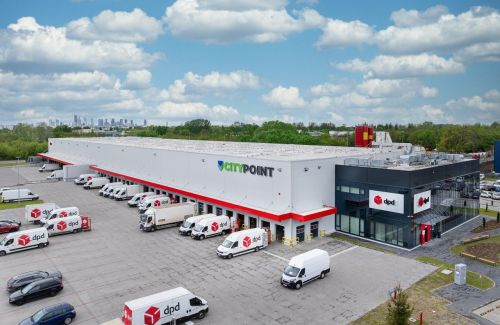A more personal approach is needed

Among the activities usually regarded as increasing the turnover of shopping centre tenants, there are all the different kinds of competitions and lotteries that are held, as well as the usual loyalty programmes. But it is such bonus schemes, which have hardly changed for many years, that now seem to be having a negative effect on sales promotion. In the changing economic situation and with improving living standards, consumers are no longer interested in small prizes or discounts – and this is a change in attitude reflected in a study by SW Research commissioned by the Polish Council of Shopping Centres. The survey actually revealed a growing indifference in some of the respondents to these kinds of tools. Therefore a rethinking of sales promotion methods now seems to be necessary. In a classic shopping centre marketing plan there is often a clear differentiation between image building, which is usually limited to billboard campaigns or press advertising, schemes to generate greater turnover (lotteries, competitions and shopping nights), and event activities (fashion shows, games for children) – in terms of the different goals attributed to them. However, it is the instruments for creating the centre’s image that should be the main elements for improving sales. When planning the marketing strategy it has to be borne in mind that effective activities do not necessarily have to involve high costs. The most important thing is that they are communicated in the best way to the right consumer group, while at the same time the image building activities should be an inseparable part of the sales promotion programme. In this way they can help to induce the emotions that accompany shopping or even act as the main motivator for making purchases.
Building customer loyalty is best implemented through an individual approach towards the consumer. Certainly this is not only more effective, but it is also less expensive. Targeting a selected group of 4,000 customers with a personalised offer bears more fruit than sending out 50,000 anonymous vouchers. Inviting 300 customers to a specially organised event could generate a better sales effect that the fashionable shopping night formula with an offer that is seemingly attractive to everyone. Of course, knowledge about these customers – their needs and their habits – is necessary for the organisation of such events.























































An open door to redefining the commercial real estate market in Poland
An open door to redefining the commercial real estate market in Poland
The investment slowdown in the commercial real estate sector that we have been observing in Poland for over a year is primarily the result of the tightening of monetary policy arou ...
Walter Herz
The retail sector is not slowing down
The retail sector is not slowing down
The pandemic, conflict in Ukraine as well as inflation and high interest rates that recent years have brought have reshaped the real estate market around the world. The global slow ...
Walter Herz
Retail parks – current opportunities
Retail parks – current opportunities
Over the last few years, retail parks in Poland were mostly developed in smaller formats, around 5,000 sqm, either adding to the existing retail landscape or introducing modern ret ...
Avison Young